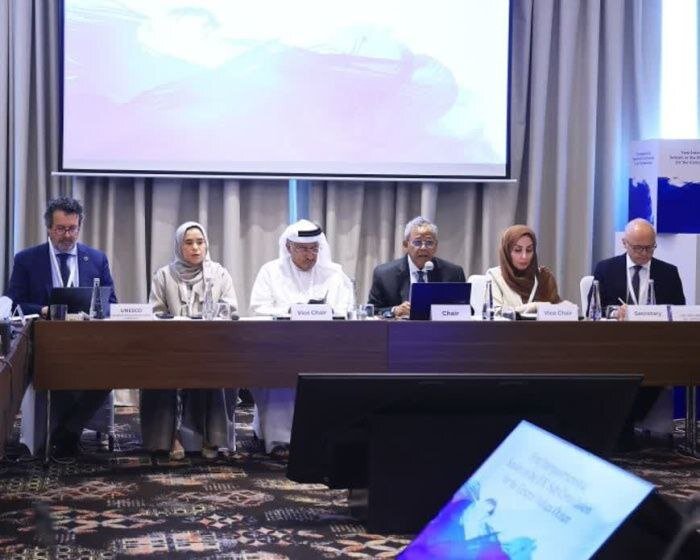
Similar Posts
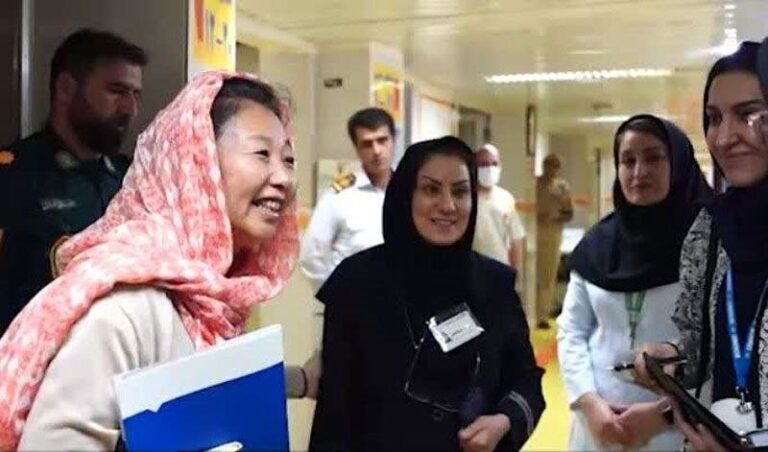
UNHCR Celebrates Exceptional Medical Care for Refugees in Isfahan
During her visit to Al-Zahra Hospital in Isfahan, Yumiko Takashima, UNHCR Representative in Iran, commended the hospital’s exceptional healthcare services for Afghan refugees, emphasizing their equitable treatment alongside Iranian patients. She acknowledged the resilience of Afghan patients and praised the medical staff’s professionalism. Despite ongoing economic challenges, the hospital caters to numerous patients daily. Takashima’s visit aimed to explore potential collaboration with the UNHCR for funding refugee treatment costs. Iran, hosting approximately 773,000 refugees, is the largest refugee-hosting country globally. The UNHCR has outlined strategic priorities to enhance support for refugees, ensuring their rights and needs are met.
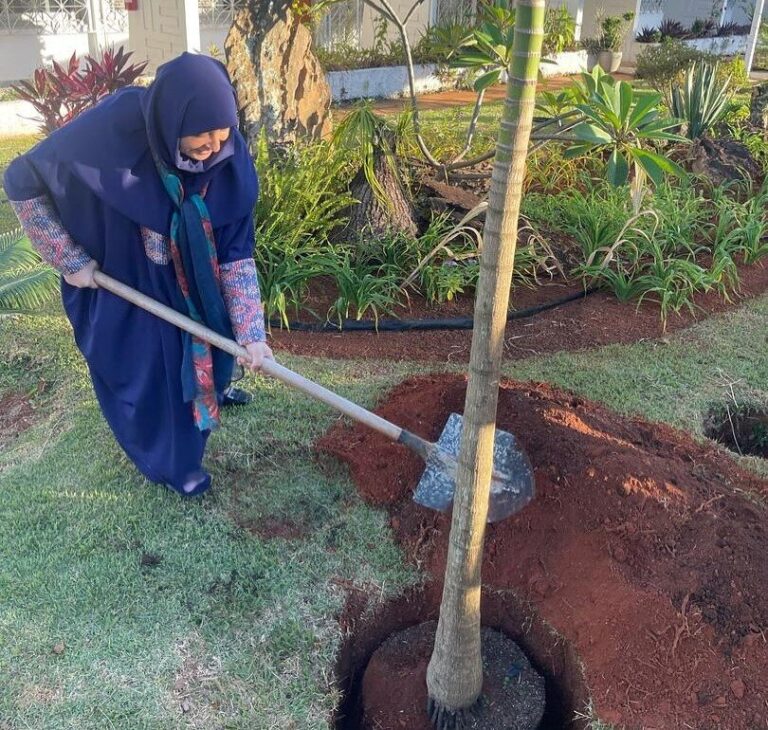
DOE Chief Celebrates Green Initiatives by Planting Saplings in Brasília
On April 2, the Iranian embassy in Brasilia marked Nature’s Day, a vital cultural event emphasizing environmental preservation. Led by Shina Ansari, the Department of Environment head, the embassy planted saplings to symbolize hope and promote sustainability. Celebrated on the 13th day of Farvardin, Nature’s Day encourages global reflection on our relationship with nature. The event fostered community involvement, awareness campaigns, and discussions on climate change, conservation, and education. Ansari highlighted that small actions contribute to combating environmental degradation. The embassy’s initiative serves as a model for nations, underscoring the shared responsibility in protecting the planet for future generations.

Empowering Iran’s Workforce: A Bold Fight for Rights on International Workers’ Day 2025
International Workers’ Day highlights the plight of Iran’s oppressed working class, whose situation has worsened as we approach 2025. Despite government claims of wage increases, inflation has rendered these nominal raises meaningless, with workers struggling to meet basic living costs. The housing crisis exacerbates their struggles, as rents in major cities exceed monthly earnings. Labor policies fail to empower workers, and fundamental rights are routinely violated. Calls for genuine reform—including labor law changes and revitalizing social security—remain unacknowledged by the regime. The neglect of workers signals broader economic decay, suggesting that true progress hinges on supporting this vital segment of society.

Iran Secures Second Place Among Islamic Nations in SCImago 2024 Rankings!
Iran’s academic landscape is advancing, as highlighted by the SCImago 2024 rankings, where it ranks 17th globally and 2nd among Islamic nations with 75,501 published documents. Although its output has fluctuated, Iran aims to improve its ranking to 12th by 2027, facing challenges like sanctions and publishing restrictions. In citations, it ranks 15th globally with 89,492 citations. The SCImago Institutions Rankings 2025 recognized 195 Iranian universities, with Tehran University of Medical Sciences and the University of Tehran leading. Additionally, QS and Times Higher Education rankings show 85 Iranian universities, emphasizing the country’s commitment to enhancing academic performance despite obstacles.
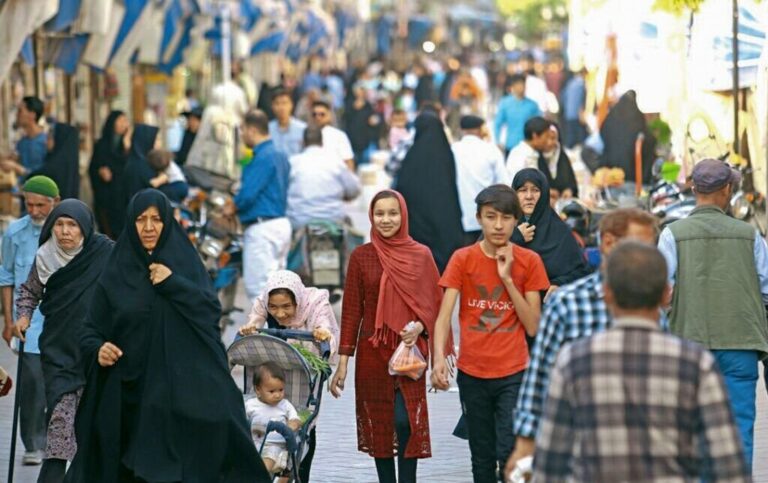
Iran’s FM Promises Dignified, Gradual Return for Afghan Refugees
Iran’s Foreign Minister Abbas Araghchi has emphasized the need for a gradual and dignified repatriation of Afghan refugees. Collaborating with Afghan officials, Iran aims to ensure an organized return process for both documented and undocumented Afghan nationals. Currently, Iran hosts over 800,000 registered Afghan refugees and approximately 2.6 million undocumented individuals, with many Afghan children benefiting from inclusive education policies. However, concerns about the sustainability of hosting such a large population persist, prompting calls for greater international support. The successful management of this refugee situation hinges on cooperation between Iran, Afghanistan, and the international community to ensure the welfare and dignity of returnees.
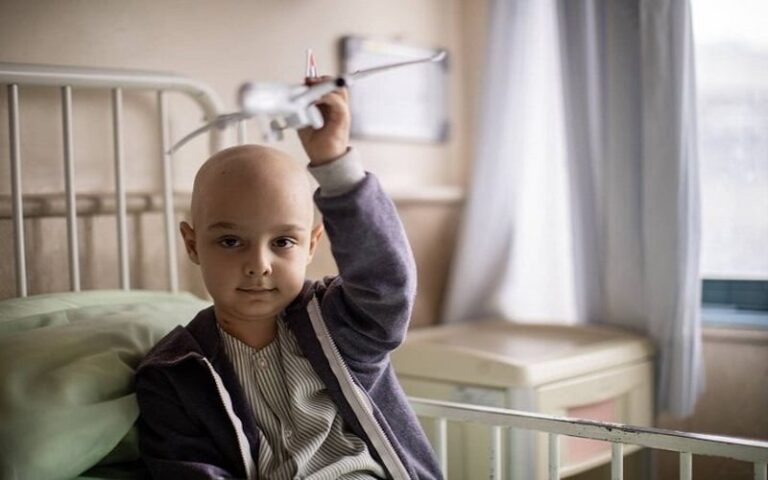
Facing the Fight: Childhood Cancer Patients in Iran Confront Financial Struggles, Corruption, and Healthcare Barriers
Cancer poses a severe health crisis in Iran, particularly for children, with families facing immense financial burdens for treatment. Alireza Varasteh, CEO of the Khorasan Institute for Supporting Children with Cancer, reported 20 new patient registrations monthly, many forced to abandon treatment due to costs. The price of crucial medications, like Nelarabine for leukemia, has surged by 127%. Additionally, inadequate hospital conditions have led to preventable infections, risking young patients’ lives. Systematic corruption exacerbates the issue, diverting medicines to the black market. Urgent reforms are needed, including financial assistance and enhanced healthcare infrastructure, to alleviate this humanitarian emergency.